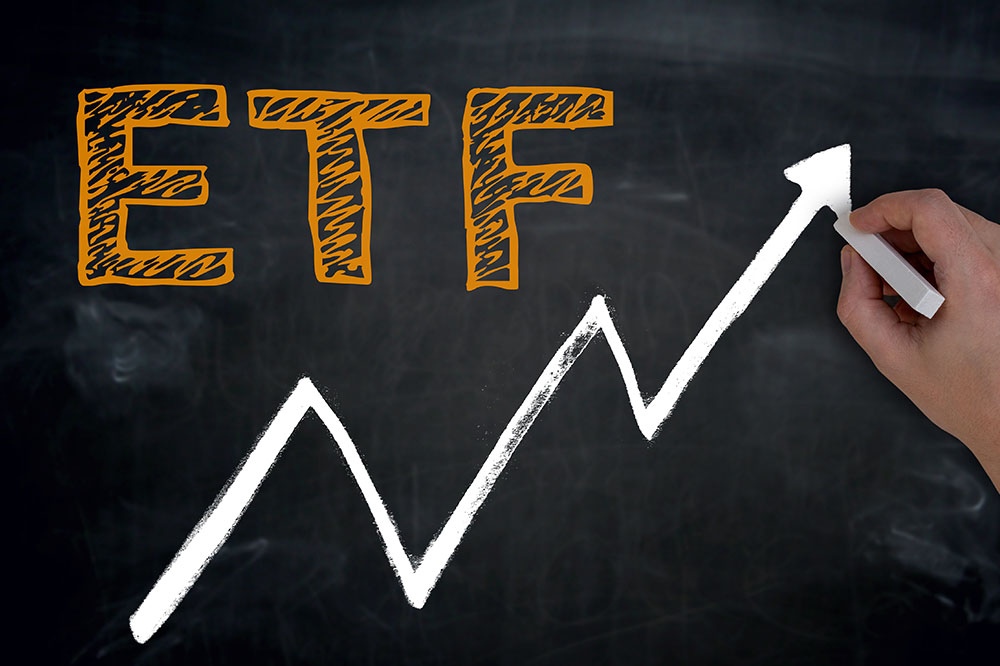Top 5 high dividend ETFs for 2020
Now and then, it is recommended you revisit your portfolio and realign it with your financial goals (which may also have changed amidst the current global pandemic). A popular investment is exchange-traded funds (ETFs), which allow you to hold a basket of high dividend-paying companies. It is a hybrid of mutual funds and stocks.
Here are five of the top high dividend ETF funds that you can consider for investment during 2020:
- Vanguard Total Stock Market ETF (VTI)
The CRSP US Total Market Index is tracked by the VTF. It is representative of almost 100% of the investable market, comprising micro-cap, small, mid, and stocks.

This fund keeps track of the NASDAQ US Dividend Achievers Select Index, which was previously known as the Dividend Achievers Select Index and covered approximately 182 stocks. As of December 2019, the expense ratio was 0.06%, and the SEC yield for the fund was about 1.80%.
- Vanguard High Dividend Yield ETF (VYM)
This particular fund from Vanguard monitors the FTSE High Dividend Yield Index. The fund represented about 404 stocks of companies with high dividend yields as of November 2019.
- SPDR S&P Dividend ETF (SDY)
This fund is amongst the few that have a five-star rating from Morningstar. It is one of the best high dividend ETF funds that covers a large selection of dividend-paying stocks and levies very reasonable fees. SDY keeps track of the S&P High Yield Dividend Aristocrats Index, comprising more than 100 high-dividend company stocks. The yield on SDY as of December 2019 was 2.5%, and the expense ratio was estimated at 0.35%.
- iShares Select Dividend ETF (DVY)
This dividend ETF is offered by BlackRock and monitors, approximately 100 companies that have a five-year history of high dividend payouts. The ETF had a relatively high SEC yield of 3.56%, with an expense ratio of 0.39%.
A word of advice on investments
Exchange-traded funds work like mutual funds and allow you to procure exposure to the broader market, a particular industry, or other sub-segment as per your personal needs. The primary objective of ETFs is to invest funds in companies that have increased dividends payouts for a minimum number of years. Some companies may invest in funds that pay the highest dividends.
Before you invest in high-dividend ETFs, you must check their historical performance and determine the returns delivered over the years. This information should be available online through a fund tracker or the funds’ websites.
The dividend ETFs annual payout is also available on the website or the prospectus, which should help you determine the funds’ annualized yield. Alternatively, you may calculate the profit by dividing the latest dividend by its net asset value (NAV) of the fund’s share price.

